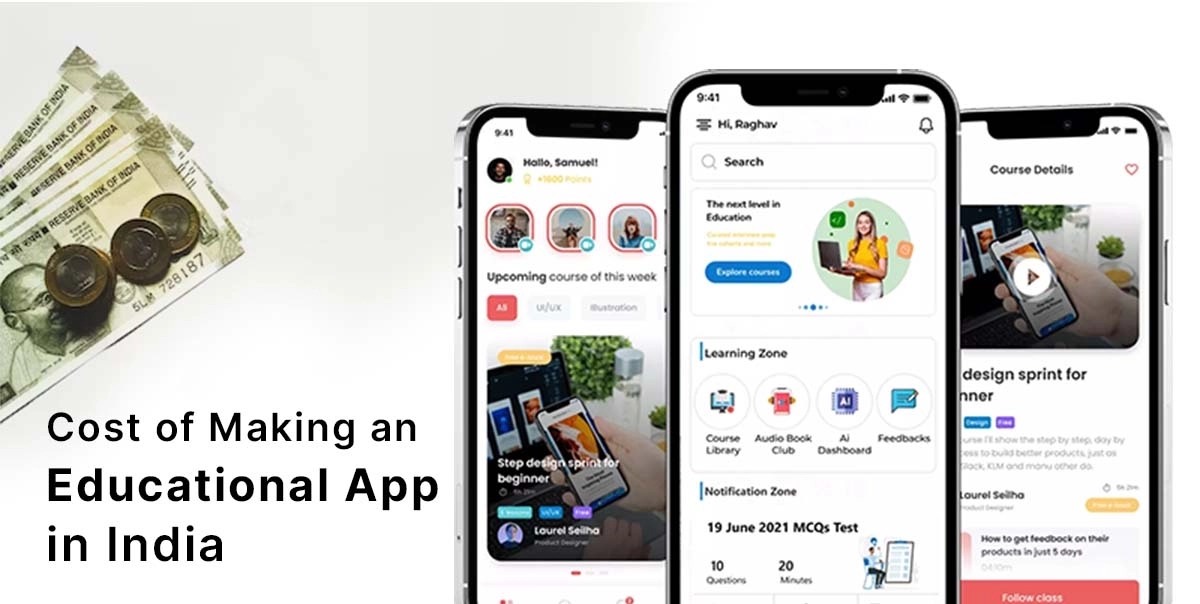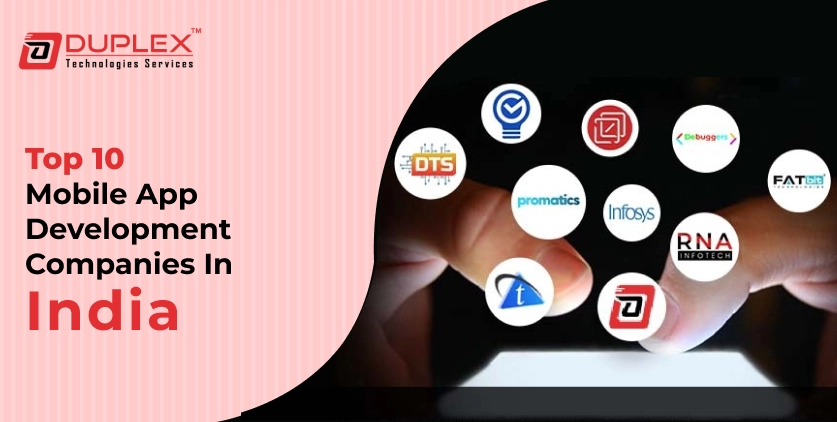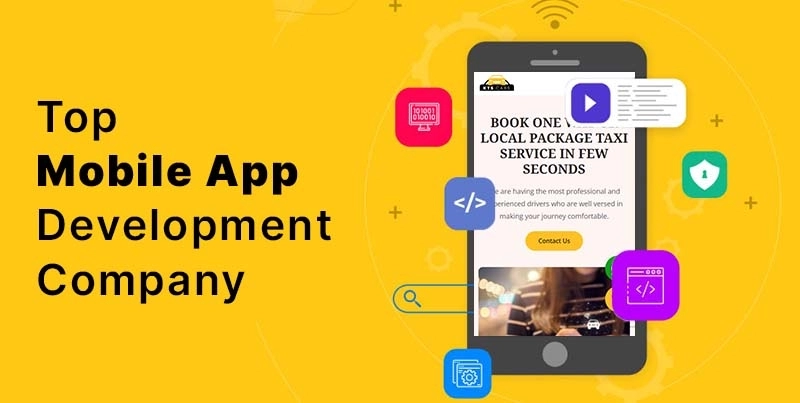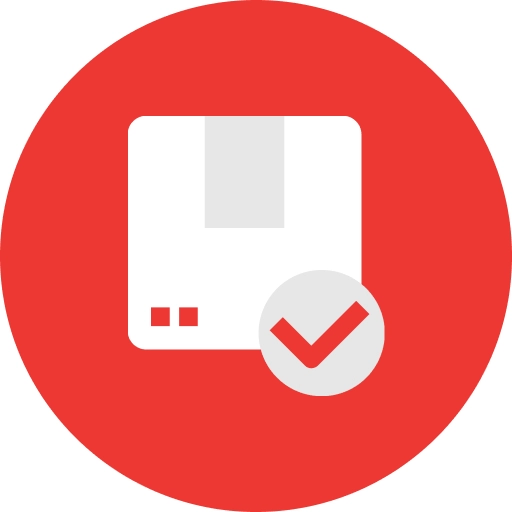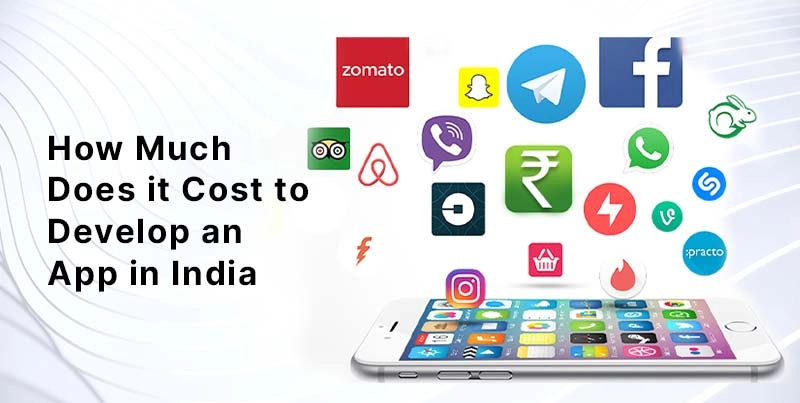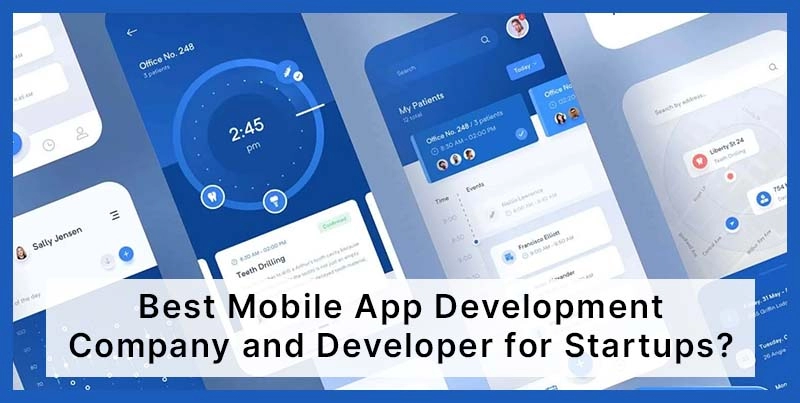Understanding Common WordPress Issues and Tackling WordPress Development Challenges
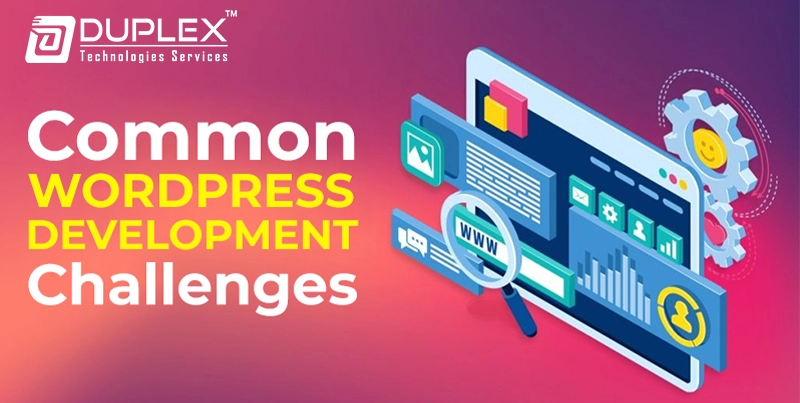
Posted By : Adarsh Mishra, Posted Date : Aug 24, 2024
Introduction to WordPress Development Challenges
With over 40% of the total number of websites on the internet, WordPress officially marks its place as one of the world's most utilized content management systems. The importance it places on the ease of use, flexibility, and a rich plugin ecosystem places it outstandingly for developers and businesses at large. After all the fuss, WordPress certainly is no bed of roses. From incompatibility problems with themes to weak spots that can be attacked by hackers, sometimes WordPress development could mean a sea of problems to carefully look after.
It basically focuses on the most common challenges one encounters in WordPress development and some practical ways to surmount them. The guide is, therefore, going to be very helpful to the seasoned developers and website owners who want to learn more about how to navigate the complexities of WordPress development.
Table of Contents
Knowing the Basics: What is WordPress?
Before getting into the challenges, it shall be necessary to understand what WordPress is and why it continues to be largely used. WordPress is an open-sourced Content Management System that has been able to proffer most of its users a history of building their websites with great ease. From an initial launch as a blogging platform, it grew to be a behemoth that could sustain everything from small blogs to large e-commerce sites.
The reason for immense popularity is due to the easy-to-use user interface, an exhaustive library of themes and plugins, and compelling community support. This makes it very approachable for the amateur but still gives experienced developers latitude they need to customize and scale. However, the same flexibility that makes it so useful can sometimes be the source of many problems that need to be fixed.
Common WordPress Development Problems
Theme Compatibility Issues
It is one of the very first issues that a developer is going to experience while developing in WordPress. Having thousands of free and premium themes at one's disposal can be really tempting to simply select a theme because it looks very cool. Well, the thing is, not all of them are quite made equally. Some just won't be totally compatible with your version of WordPress, while others might conflict with some of the plugins you plan to use.
Always make sure a theme is compatible with the version of WordPress you're running. Look for a theme that is updated regularly with good feedback from its users. Thereafter, a theme should always first be tested within a staging environment before pushing it to a live website.
Plugin Conflicts
Plugins are really what make WordPress so great, allowing you to add most types of functionality to your site. That said, with more than 50,000 available, it is not entirely out of the ordinary for plugin conflicts to arise. Plugin conflict might lead to any of the following: minor issues to a complete failure of the site.
You can minimize the risk of plug-in conflict by only installing a small number of trusted developers for the plug-ins. Update to plug-ins already installed, remembering, on the other hand, to carefully handle the compatibility between the updated version of a plug-in and your installed, updated, and possibly working class in WordPress. If there is a conflict, you can turn off those plug-ins one by one and check which one causes the conflict.
Security Vulnerabilities
Users of WordPress are concerned a lot about the website's security; this is mainly because of the sheer popularity of this content management system, which frequently makes it the target of hackers. The most common vulnerabilities are found in outdated plugins, passwords that are easily guessed, and insecure login pages. Successful attacks can lead to a data breach, the loss of sensitive information, and damage to the reputation of your site.
Implement strict security from inception. Implement a standard and trusted security plugin. Features should include a firewall, scan for malware, login attempts, etc. All WordPress users should have strong, unique passwords. You can bolster this by enabling two-factor authentication. Backup of the site when necessary so restoration can be done quickly if the site is attacked.
Performance and Speed Optimization
With a slow website, you actually increase users' frustration, and this might have effects on your search engine rankings. It's a real killer, caused mainly by injuries like bad image optimization, bloat of plugins, and lack of good caching. If a site has a high volume of traffic, this often represents core issues in slowness and a bad user experience.
Image optimization before uploading it to the website would reduce the size of the file without affecting the picture's quality. Caching solutions can be enabled to reduce the load on servers, thus improving load times. Implement CDN to help distribute your site's content across the globe to multiple servers; thus making its access faster for a user in any given region of the world.
Issues with Custom Code and Functionality
Customizing WordPress using your code can turn out to be both powerful and risky at the same. It enables you to work your website uniquely and, anyway, it is something that turns up wrong with coding; it can easily be a cause of site crashes, security vulnerabilities, and compatibility issues during the updates.
Verify that all customization has been thoroughly tested in a development environment and before deploying them to the production server. Use the basic principles, coding standards, and guidelines of WordPress, which would give some assurance of no breaks in the code. If one is not confident or sound in the coding of WordPress, the best way could be hiring a professional developer to work on the system.
SEO Challenges
Even though WordPress default settings are pretty SEO-friendly, the full site is not safeguarded against every potential SEO issue. Most of those issues relate to duplicate content and messed up tags and categories, as well as lousy site structure. Without proper practices, your website would more likely go BADLY in search engine results, which means that the visibility or reach of your site would be very low.
Use an SEO plugin such as Yoast SEO or All in One SEO to take care of your site's SEO settings. Ensure your content is well-structured, with correct use of headings, meta descriptions, and alt tags for images. Perform site audits regularly to rectify issues like broken links, duplicate content, and any other issue that may harm your site's SEO health.
Backup and Data Loss
Data can be lost due to server failures, hacking, or even accidental deletion. Trying to recover the lost data without good backup strategies could consume much time or even prove to be impossible, a situation that would be counterproductive and can throw the progress of your site back significantly.
Backup your site data regularly so that you have a current version available at all times. Store copies in more than one location, such as on your hosting server and a cloud storage service. Frequent tests of your backups will ensure they restore successfully when needed .
Regular Maintenance and Update
WordPress, themes, and plugins are often not only used to update themselves but to update many of their themes and plugins as well. And while updates can be very important for a site security-wise and for proper function, sometimes they might break something — like compatibility or a feature — in particularly nasty ways if the site is heavily dependent upon custom code or older plugins.
Establish a routine for regular maintenance in which updates are made in a controlled manner. Ensure that all updates are made on a staging site before applying updates on the production site. You might want to consider having minor WordPress core updates automated, but major ones should be done manually.
Overcoming Common WordPress Issues by Regular Maintenance and Updates
Every WordPress site needs maintenance. The need to update regularly for security and functioning runs against the need to keep the site clear of unnecessary disturbances. Best Practices: Timing of updates—update only during the least trafficked period to assure minimal disturbance to users. Test an update in a staging environment before its live application. Search for compatibility issues regularly after every update and fix them as soon as possible.
Choosing the Right Plugins and Themes
The stability and performance of your WordPress site will depend on the right choice of plugins and themes. Many choices are available out there, so be wise in choosing.
Tips:
- Only pick plugins and themes that have high ratings and are well-supported.
- Try avoiding plugins that have overlapping functionalities to reduce the potential for conflict.
- Keep the number of plugins installed to a minimum to enhance the performance of your site.
Implementing Security Measures
Security is a matter that should be treated with the most attention in every WordPress website. Proper measures to ensure safety and strong tools can guarantee security from various known attacks.
Advanced Security Practices:
- A security plugin with firewall protection and malware scanning.
- Two-factor authentication for all logins.
- Audit security settings on your site and keep up-to-date regularly.
Performance Optimisation
A fast site is just a nice user experience; it also happens to be very conducive to SEO rankings. Here are some strategies to enhance the performance of your WordPress site:
Extra Tools:
- Use a caching plugin that actually speeds up your page loads.
- Perform regular database optimization to ensure table seeking goes through smoothly.
- Set up a Content Delivery Network (CDN) to help global users lower latency.
Hire a Professional Development Team
Although WordPress is developed to be user-friendly, there definitely are some challenges that require professionals. You may need to turn to a skilled development team to help you get out of the tough issues and ensure the smooth running of your site.
Benefits:
- The ability of expert developers to implement custom features without risking the stability of the site
- They are able to quickly resolve issues that may be beyond your technical "know-how."
A professional team will provide ongoing maintenance and support, which frees you to focus on your business.
Conclusion
WordPress is one of the power tools with enormous potential, though it is for any other tool; it is full of proper challenges against its opportunities. Understanding and finding nice solutions to common issues in the development of WordPress turn your website into a secure, efficient, and user-friendly place.
Now for them, if handling these tasks becomes challenging, Duplex Technologies provides expert WordPress development services so you can overthrow these tasks. Can it either be the theme or the plugin and maybe security and optimization? Our team is ready to help you with all these matters.
Talk to Duplex Technologies today for your WordPress site that will put your business and audience in their place.

